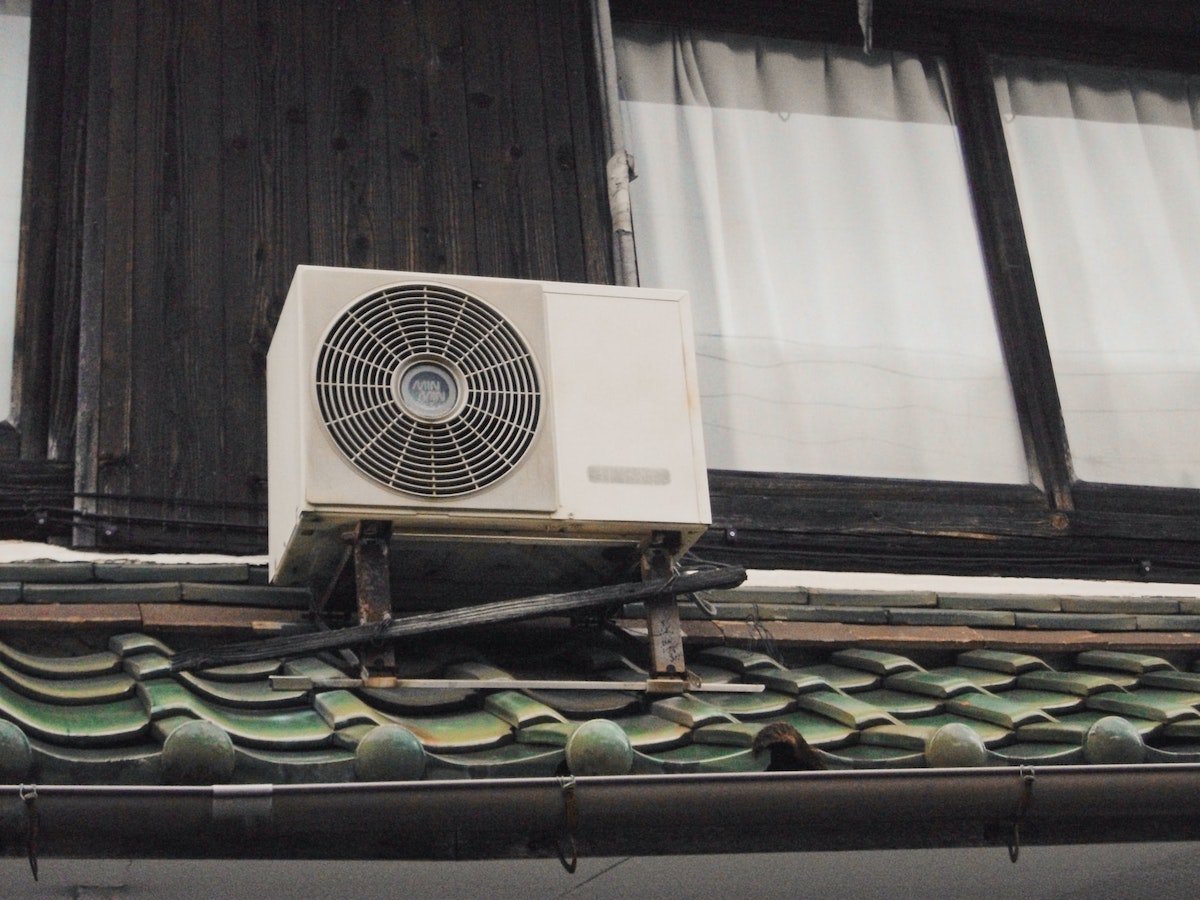Indoor air quality is crucial for anyone, especially if members of your household have respiratory problems. The correct HVAC (Heating, Ventilation, and Air Conditioning) filters will choose between air filled with contaminants and one that’s healthy to breathe.
The first step in achieving quality indoor air is understanding the air filters available in the market.
Sizes of air filters according to use
Consider the size of air filters you need. Most of the time, it is printed on the side of the filter’s casing. If not, you can measure using its length, width, and depth format. One of the most common sizes used in homes is a 16x24x1 air filter
This air filter usually captures large particles between 3 and 10 microns, like mould spores and cement dust. Pleated air filters this size are at least 20 times more efficient than fiberglass filters.
The Types of Air Filters in the Market
Now aside from the filter sizes, here are more specific types of air filters that you can find in the market.
1. High-efficiency particulate air (HEPA) Filters – these filters have a MERV rating nearing 16, which removes at least 99.97% of air contaminants. This filter is ideal, especially for those who live with allergies or other respiratory issues.
2. Ultraviolet (UV) filters – as the name suggests, filters that use ultraviolet rays to kill bacteria and viruses. These are perfect for killing microorganisms that could be hazardous to your health, including mould spores. On the other hand, they are quite costly to install. They cannot filter common air contaminants like dust, allergens, smoke and gasses.
3. Electrostatic filters – use electrostatic filters to magnet dust and other airborne particles. The magnetism is strong enough to keep particles from spreading throughout your home, and this filter is also reusable. However, this air filter may struggle to filter larger ones, such as dust or mould spores.
4. Washable Filters – are reusable and environmentally friendly filters. These air filters usually have a very low MERV rating and need to be maintained as instructed. Its maintenance is its downside, as failure to do its maintenance properly will reduce its effectiveness.
5. Media Filters – these filters have a great surface area and can be compared to high MERV filters. They are easy to maintain and great for filtering bacteria and other small air contaminants. However, these filters must be installed by professionals and are also ineffective in blocking odours.
6. Spun Glass Filters – these are created with spun fibreglass. These are one of the cheapest in the market but ineffective in filtering smaller pollutants. They are not recommended for those who live with asthma and other respiratory illnesses.
7. Pleated Filters – these filters use polyester fabrics or cotton folds. These filters have MERV ratings from 5 to 13 and can effectively filter dust and other airborne pollutants. Filters with more pleats will filter better than those with fewer pleats. It will trap allergens and pollutants that are too rigid to catch, like pet dander and mould spores. They may cost more than others, but you get your money’s worth.
How do air filters exactly work?
Air filters exist to trap and collect large and small particles such as dust, allergens, and microorganisms. An air filter’s MERV number indicates how it’s rated to remove these particles.
Now, what is MERV? It stands for “minimum efficiency reporting value “. It is a rating given to determine how successfully the air filter prevents dust and other air contaminants from passing through it. Filters with higher MERV ratings trap small particles more effectively than filters with lower MERV ratings.
Time to Select the right filter for your home
Selecting the right air filter is crucial since it will determine your air quality and how you will achieve it. It is true for everyone but especially for those who live with people who have respiratory problems.
You also have to consider your budget since some air filters cost more than others. Consider its installation as well, its sustainability and its added benefits.
It all comes down to your preference. You can always check different websites regarding the air filter that’s right for you.


